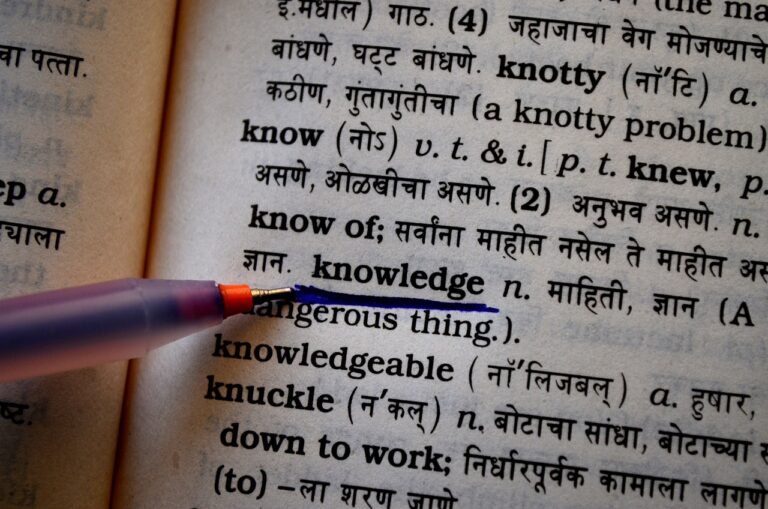Education and International Baccalaureate Programs
Students enrolled in IB programs have the opportunity to develop a well-rounded skill set that goes beyond traditional academic subjects. The comprehensive curriculum encourages critical thinking, research skills, and global perspectives, preparing students for success in a competitive and interconnected world.
Moreover, the emphasis on inquiry-based learning fosters a deeper understanding of concepts and encourages students to become active participants in their own education. This approach not only promotes independent thinking but also cultivates a sense of intellectual curiosity and a lifelong love for learning.
Curriculum Structure in IB Programs
The curriculum structure in IB programs is designed to provide students with a comprehensive education that goes beyond traditional learning methods. The program emphasizes critical thinking, research skills, and international-mindedness to prepare students for success in a globalized world. Students are exposed to a range of subjects, including languages, sciences, humanities, and mathematics, allowing them to develop a well-rounded understanding of different disciplines.
Furthermore, the IB curriculum is structured in a way that encourages students to make connections between different subject areas and apply their knowledge in practical ways. The program includes several components, such as the Theory of Knowledge course, extended essay, and creativity, activity, service (CAS) requirements, which aim to foster holistic development and a deeper understanding of the world. By promoting inquiry-based learning and intercultural awareness, the curriculum structure in IB programs equips students with the skills needed to thrive in an increasingly interconnected society.
Admission Requirements for IB Programs
Admission to IB programs involves meeting specific requirements set by schools offering the International Baccalaureate curriculum. Such requirements often include a strong academic history, usually demonstrated through transcripts of previous academic achievements. Additionally, letters of recommendation from teachers or mentors may be requested to provide insight into the student’s character and work ethic.
Moreover, standardized test scores, such as the SAT or ACT, are commonly required for admission to IB programs. These scores help assess the student’s readiness for the rigorous academic curriculum of the International Baccalaureate program. In some cases, interviews with school administrators or faculty members may also be part of the admission process to further evaluate the student’s potential for success in the IB program.






